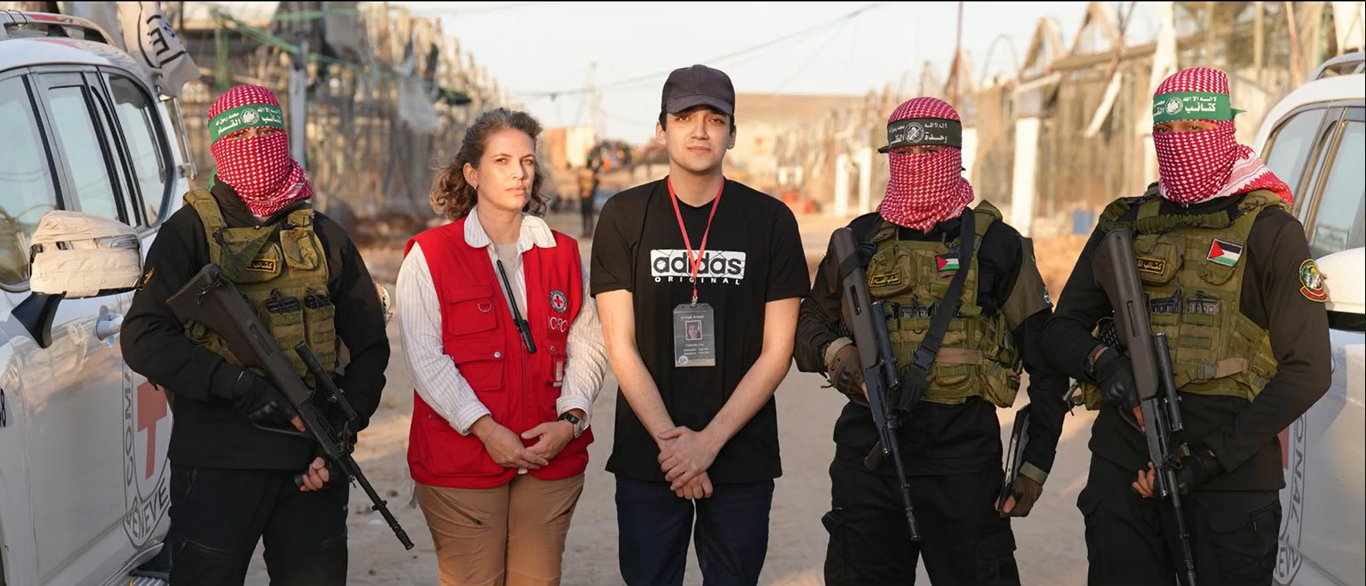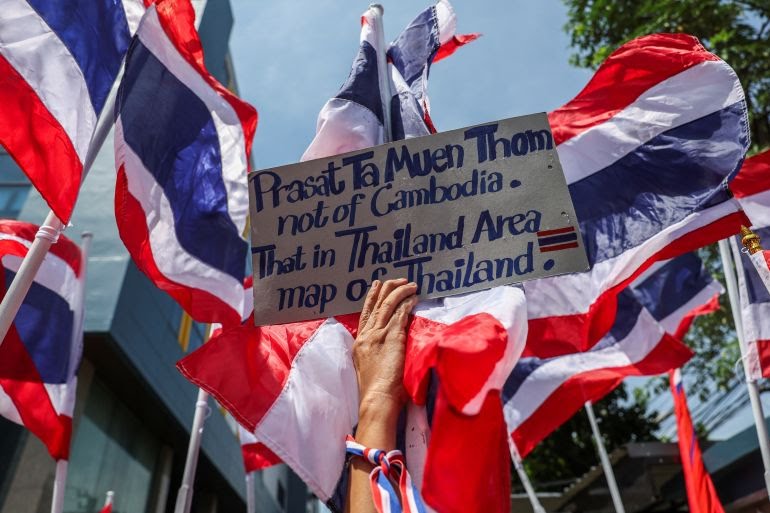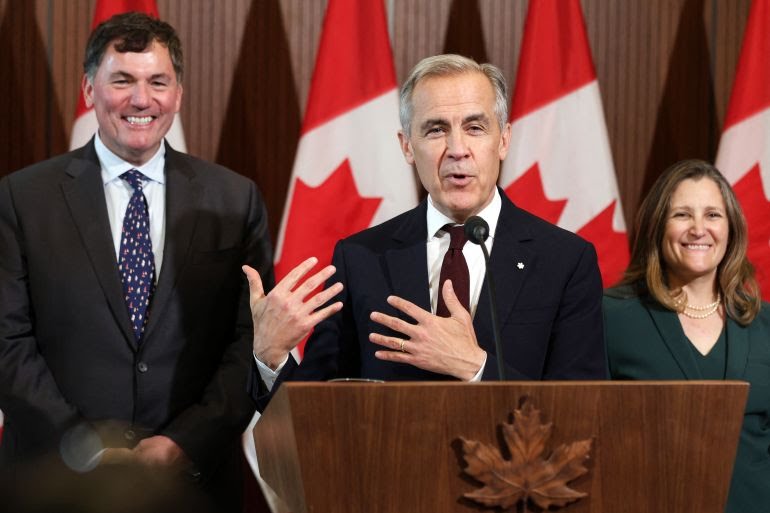Hamas released a 21-year-old Israeli-American soldier, Edan Alexander, on May 12, 2025, marking a rare development in the ongoing conflict as the humanitarian situation in Gaza continues to deteriorate. Alexander, who was kidnapped during Hamas’s surprise cross-border assault on Israel on October 7, 2023, had been held captive for nearly 19 months. His release, arranged by the International Committee of the Red Cross (ICRC), took place amid renewed tensions, persistent Israeli bombardments, and growing international concern over famine conditions in Gaza.
The Israeli government confirmed the safe return of Alexander and stated that no prisoner exchange or ceasefire agreement had been made in return. “This was not part of any deal,” Israeli Prime Minister Benjamin Netanyahu said in a press statement. “Our military operations will continue until all of our objectives are achieved.”
Netanyahu’s comments signaled that despite the high-profile release, Israel remains committed to its military campaign in Gaza, which it describes as essential for dismantling Hamas’s infrastructure. He also reiterated Israel’s refusal to accept a broader ceasefire agreement at this time, stating that a limited safe corridor was allowed to facilitate Alexander’s extraction, but it did not reflect a shift in strategy.
Alexander’s release follows mounting international pressure on both sides to de-escalate the war and resolve the hostage crisis. Currently, an estimated 58 hostages remain in Gaza, with only 23 believed to be alive. While Alexander’s return has been welcomed in Israel, many relatives of other hostages expressed frustration that their loved ones remain captive, urging the government to pursue more aggressive diplomatic channels.
Meanwhile, the humanitarian crisis in Gaza continues to spiral. According to the Integrated Food Security Phase Classification (IPC), an alarming 93% of Gaza’s population is facing acute food insecurity. The region has been under continuous siege, with aid convoys restricted, infrastructure devastated, and food systems in collapse. The IPC warns that famine is imminent unless significant and sustained humanitarian access is granted.
The United Nations and several humanitarian organizations have repeatedly urged both Israel and Hamas to allow the unrestricted flow of food, water, and medical supplies into Gaza. However, ongoing hostilities have made the coordination of large-scale relief efforts nearly impossible. Aid agencies describe a catastrophic situation, with children and vulnerable populations bearing the brunt of the suffering.
The timing of Alexander’s release also coincides with U.S. President Donald Trump’s visit to the Middle East, which some analysts interpret as a calculated move by Hamas to gain diplomatic leverage. While the Biden administration had previously been involved in indirect negotiations during Trump’s presidency, Trump has since reclaimed office and is making his first regional tour since re-election.
A spokesperson for the Hamas leadership in Doha confirmed that the release was intended as a gesture toward the American government. “This is a signal of our willingness to negotiate and our commitment to humanitarian considerations,” the representative said. However, Israeli officials remain skeptical, pointing to what they describe as Hamas’s consistent pattern of using hostages for political leverage.
International observers are now closely monitoring the aftermath of Alexander’s release, questioning whether it might lead to further humanitarian concessions or hostage negotiations. Despite the momentary breakthrough, the overwhelming consensus is that the humanitarian emergency in Gaza and the wider conflict require far more comprehensive solutions.
The ICRC welcomed the successful transfer of Alexander but reiterated calls for all hostages to be released and for the protection of civilians on all sides. “This act should not be isolated. Civilians must never be used as bargaining chips,” said ICRC President Mirjana Spoljaric.
As Gaza faces the dual threat of bombardment and famine, the brief relief of Alexander’s return does little to overshadow the growing urgency of a conflict that has already claimed thousands of lives and left an entire population on the edge of collapse.
Source; Al Jazeera



